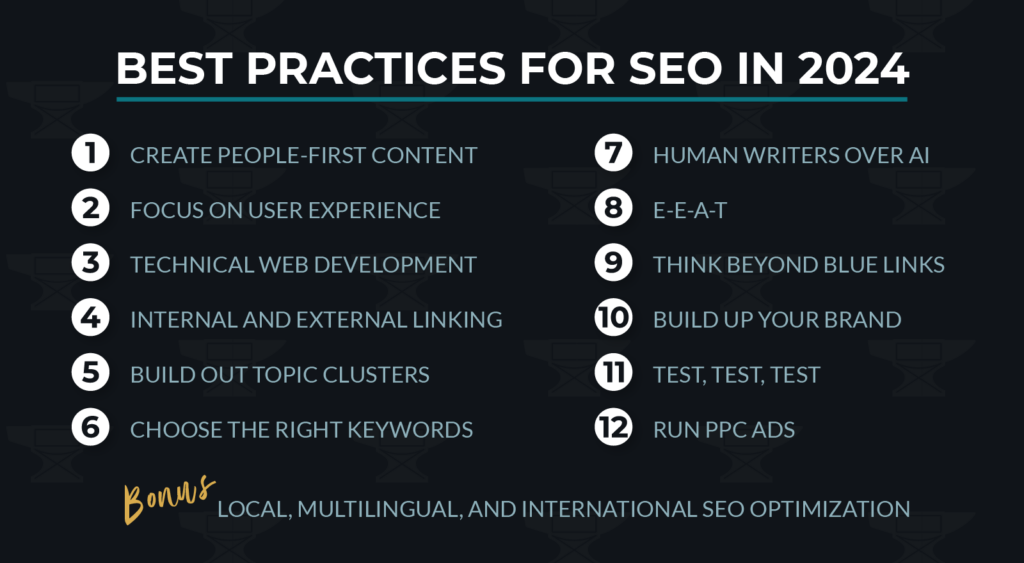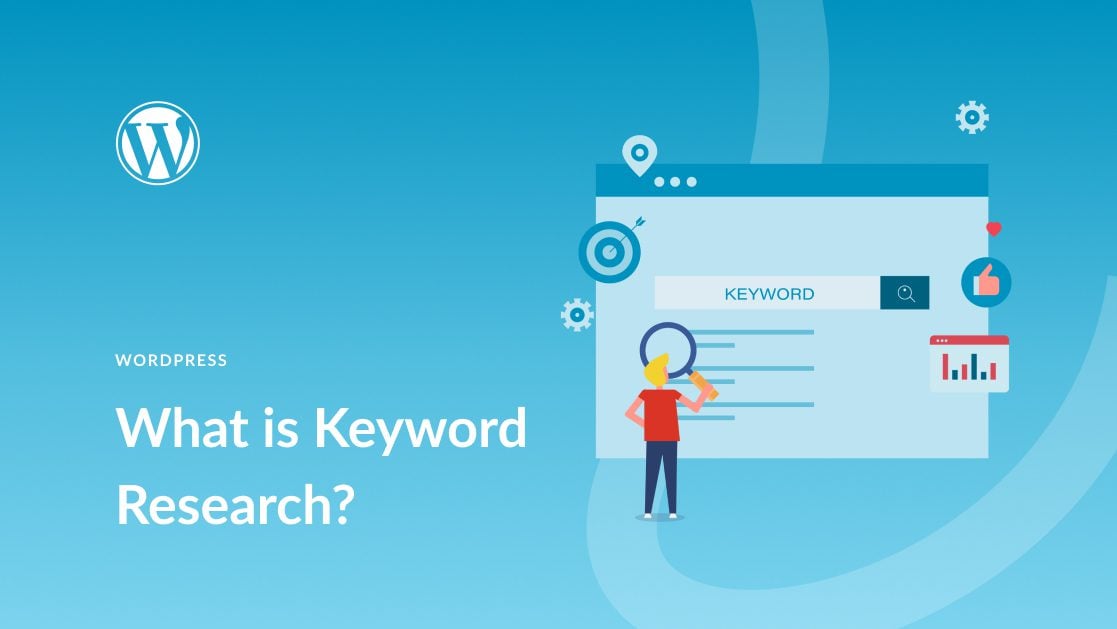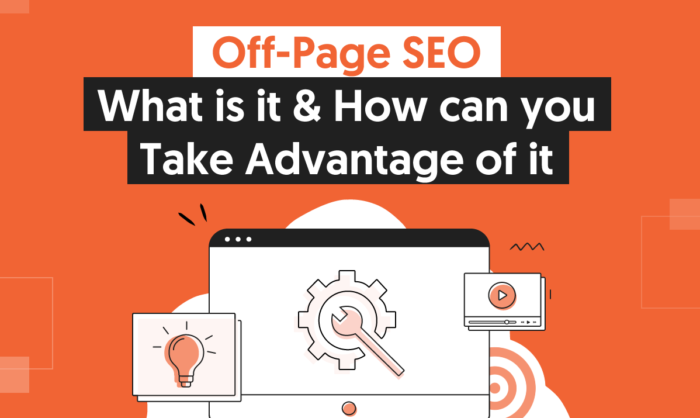Website Ranking Boost: Essential SEO Strategies for 2024
Are you struggling to improve your website’s search engine rankings? In today’s competitive digital landscape, effective SEO strategies are crucial for online success. Discover how our product, Great SEO Starts with a Plan, can revolutionize your approach to SEO and boost your website’s visibility in 2024.
SEO Landscape in 2024
The SEO landscape in 2024 continues to evolve rapidly, driven by advancements in search engine algorithms and changing user behaviors. Search engines, particularly Google, are becoming increasingly sophisticated in understanding user intent and delivering highly relevant results.
Search algorithm evolution
AI and machine learning play a crucial role in modern search algorithms. These technologies enable search engines to better interpret complex queries, understand context, and deliver more personalized results. Voice search optimization and natural language processing have also gained prominence, reflecting the growing use of voice-activated devices.
Key ranking factors
While traditional factors like high-quality content and backlinks remain important, new ranking signals have emerged:
- User experience metrics (Core Web Vitals)
- Mobile-first indexing
- E-A-T (Expertise, Authoritativeness, Trustworthiness)
- Page speed and site performance
- Semantic search and topic relevance
- Featured snippets and rich results optimization
Adapting to these evolving factors is crucial for maintaining and improving search rankings in 2024.

Keyword Research for Effective SEO
Effective keyword research is the foundation of any successful SEO strategy. It involves identifying and analyzing the terms and phrases your target audience uses to search for products or services like yours. Let’s explore some key aspects of keyword research for 2024.
High-value keyword discovery tools
Several powerful tools can help you uncover high-value keywords:
- Google Keyword Planner: A free tool offering search volume and competition data
- SEMrush: Provides comprehensive keyword analytics and competitor insights
- Ahrefs: Offers in-depth keyword difficulty scores and traffic potential estimates
- Moz Keyword Explorer: Delivers accurate search volume data and keyword suggestions
Keyword & search intent alignment
Understanding and aligning with search intent is crucial for SEO success:
- Informational: Users seeking information or answers
- Navigational: Users looking for a specific website or page
- Commercial: Users researching products or services before making a purchase
- Transactional: Users ready to make a purchase or take action
Ensure your content matches the intent behind the keywords you’re targeting.
Long-tail keywords: A secret weapon
Long-tail keywords are longer, more specific phrases that often have lower search volume but higher conversion potential:
- Less competition: Easier to rank for than short, generic terms
- Higher relevance: More likely to match user intent
- Better conversion rates: Users searching with long-tail keywords are often closer to making a decision
Incorporating a mix of head terms and long-tail keywords in your SEO strategy can help you capture diverse traffic and improve overall performance.

On-Page Optimization Techniques for Results
On-page optimization is crucial for improving your website’s visibility and rankings in search engine results pages (SERPs). Let’s explore some effective techniques to enhance your on-page SEO in 2024.
SEO-friendly content creation
Creating high-quality, SEO-friendly content is essential for attracting both users and search engines:
- Focus on user intent: Align your content with what your audience is searching for
- Use target keywords naturally: Incorporate primary and secondary keywords without overstuffing
- Create comprehensive, in-depth content: Aim for thorough coverage of topics
- Optimize for featured snippets: Structure content to increase chances of appearing in featured snippets
- Implement internal linking: Connect related pages to improve site structure and user navigation
Meta tags & headers optimization
Optimizing meta tags and headers helps search engines understand your content better:
- Title tags: Include primary keywords and keep them under 60 characters
- Meta descriptions: Write compelling, keyword-rich descriptions within 155-160 characters
- Header tags (H1, H2, H3): Use a logical hierarchy and include relevant keywords
- Image alt text: Describe images accurately using target keywords where appropriate
User experience enhancement for rankings
Improving user experience is increasingly important for SEO:
- Mobile optimization: Ensure your site is fully responsive and mobile-friendly
- Page speed optimization: Compress images, minify code, and leverage browser caching
- Intuitive navigation: Create a clear site structure with easy-to-use menus
- Readability: Use short paragraphs, bullet points, and subheadings to improve content readability
- Core Web Vitals: Focus on improving Largest Contentful Paint (LCP), First Input Delay (FID), and Cumulative Layout Shift (CLS)
By implementing these on-page optimization techniques, you can significantly improve your website’s search engine rankings and provide a better experience for your users. Remember, SEO is an ongoing process, so regularly review and update your on-page elements to maintain and improve your rankings.

Technical SEO: Solid Foundation Building
Technical SEO forms the backbone of a website’s search engine performance. By focusing on these key areas, you can create a solid foundation for your SEO efforts.
Site speed & performance improvement
Fast-loading websites are crucial for both user experience and search rankings:
- Optimize images: Compress and resize images without losing quality
- Minify CSS, JavaScript, and HTML: Remove unnecessary characters from code
- Leverage browser caching: Store static files locally in users’ browsers
- Use a Content Delivery Network (CDN): Distribute content across multiple servers globally
- Implement lazy loading: Load images and videos only when they’re needed
Mobile optimization tactics
With mobile-first indexing, optimizing for mobile devices is essential:
- Responsive design: Ensure your site adapts to different screen sizes
- Accelerated Mobile Pages (AMP): Create lightweight versions of your pages for mobile users
- Touch-friendly navigation: Design easily tappable buttons and menus
- Optimize for local search: Implement local SEO strategies for mobile users
Structured data implementation
Structured data helps search engines understand your content better:
- Use Schema.org markup: Implement relevant schemas for your content type
- Rich snippets: Enable rich results in SERPs to increase click-through rates
- JSON-LD format: Implement structured data using JavaScript Object Notation for Linked Data
- Test implementation: Use Google’s Structured Data Testing Tool to verify correct implementation
Focusing on these technical SEO aspects will create a strong foundation for your website’s search engine performance and user experience.
Off-Page SEO: Authority & Trust Building
Off-page SEO is crucial for building your website’s authority and trust in the eyes of search engines. Let’s explore key strategies to enhance your off-page SEO efforts.
Link building tactics
Quality backlinks remain a significant ranking factor:
- Create linkable assets: Develop high-quality content that naturally attracts links
- Guest posting: Contribute valuable content to reputable sites in your niche
- Broken link building: Find and replace broken links on other websites
- Skyscraper technique: Improve existing popular content and reach out for links
- Resource page link building: Get listed on relevant resource pages
Social signals leverage
While not direct ranking factors, social signals can indirectly impact SEO:
- Increase social media presence: Regularly share content on relevant platforms
- Encourage social sharing: Add social share buttons to your content
- Engage with your audience: Respond to comments and foster discussions
- Run social media campaigns: Create buzz around your brand and content
Online reputation management
Managing your online reputation is essential for building trust:
- Monitor brand mentions: Use tools like Google Alerts or Mention
- Respond to reviews: Address both positive and negative feedback professionally
- Create positive content: Publish high-quality content to dominate search results for your brand
- Engage in thought leadership: Participate in industry forums and discussions
Implementing these off-page SEO strategies can enhance your website’s authority, build trust with your audience, and improve your search engine rankings.

SEO Success Measurement: Tools & Metrics
Measuring SEO success is crucial for refining your strategy and demonstrating ROI. Let’s explore essential tools and metrics for tracking your SEO performance.
SEO analytics tool essentials
- Google Analytics: Track website traffic, user behavior, and conversions
- Google Search Console: Monitor search performance and indexing issues
- SEMrush: Analyze keyword rankings and competitor performance
- Ahrefs: Track backlinks and domain authority
Key performance indicators
- Organic traffic growth
- Keyword rankings
- Conversion rates
- Bounce rate
- Page load time
- Backlink quality and quantity
Data interpretation for improvement
- Identify top-performing pages and replicate their success
- Analyze user behavior to optimize content and UX
- Monitor keyword trends to adjust your content strategy
- Use A/B testing to refine on-page elements
- Regularly audit your backlink profile for toxic links
By consistently monitoring these metrics and using the right tools, you can make data-driven decisions to improve your SEO performance and achieve better results over time.
SEO Game Elevation with Great SEO Starts with a Plan
Elevate your SEO game with Great SEO Starts with a Plan, a comprehensive solution to your most pressing SEO challenges.
SEO challenge recap
Navigating the complex world of SEO can be overwhelming. From keyword research to technical optimization, the challenges are numerous and ever-changing.
Tool benefits for SEO challenges
Great SEO Starts with a Plan offers:
- Unlimited SEO diagnostic sessions
- Site-wide optimization suggestions
- Custom keyword strategies
- Automated technical issue fixes
- Content generation and optimization
These features address common SEO hurdles, saving time and ensuring a holistic approach to your SEO efforts.
SEO journey next steps
- Start with a free trial to experience the tool’s capabilities
- Choose a package that fits your needs and budget
- Implement the suggested optimizations
- Monitor your progress using the provided analytics
- Continuously refine your strategy based on data-driven insights
By leveraging Great SEO Starts with a Plan, you’re not just implementing SEO tactics; you’re embarking on a journey of continuous improvement and search engine success. Stay ahead of the competition by conducting regular SEO competition analysis to refine your strategies.


